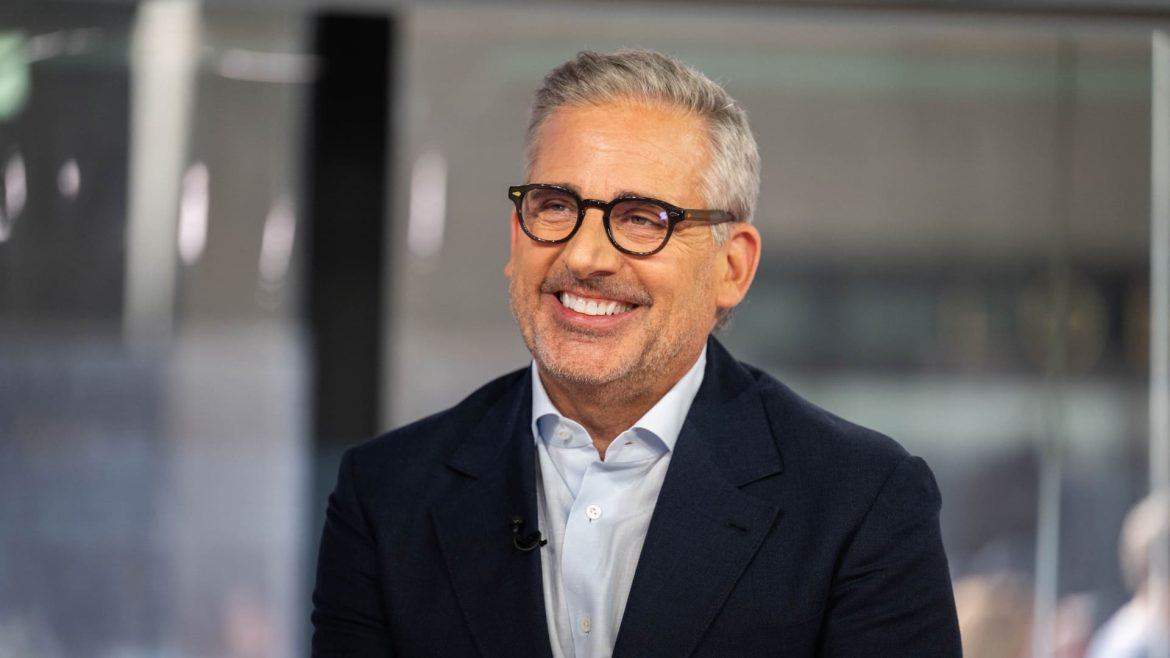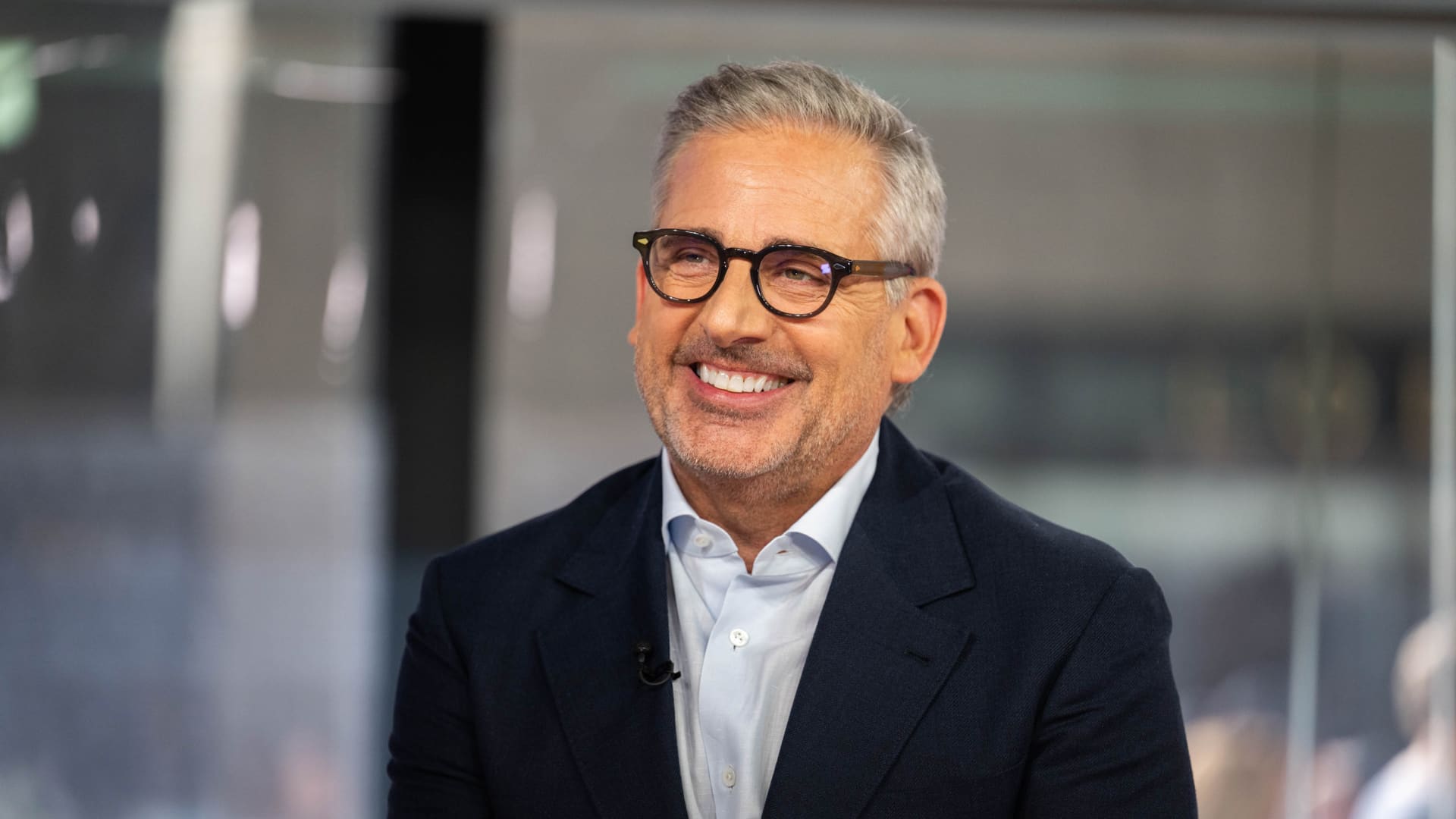Steve Carell, renowned for his iconic role as Michael Scott in *The Office* and his versatile performances across comedy and drama, has recently spotlighted an often-overlooked trait as pivotal to success and well-being: kindness. In his commencement speech at Northwestern University in June 2023, Carell emphasized that kindness is not a sign of weakness but a “very potent strength.” This perspective aligns with insights from business leaders and scientific research, positioning kindness as a cornerstone of leadership, collaboration, and societal progress.
The Power of Kindness in Personal and Professional Life
Carell’s advocacy for kindness challenges the conventional notion that success hinges solely on talent, intellect, or determination. Instead, he argues that kindness fosters meaningful relationships, builds trust, and opens doors in both personal and professional spheres. His own career exemplifies this philosophy. Colleagues and collaborators frequently describe Carell as respectful, thoughtful, and approachable—qualities that have cemented his reputation as a collaborative and respected figure in Hollywood.
For young professionals entering a competitive world, Carell’s message is particularly relevant. He stresses that kindness is a skill that “we need more of in the world,” promoting an inclusive and supportive culture. This ethos contrasts with traditional advice that prioritizes networking or ambition, instead highlighting kindness as a form of social glue that facilitates innovation and collaboration. By fostering environments where respect and empathy are valued, kindness can transform workplaces and communities into spaces where individuals thrive.
The Scientific and Business Case for Kindness
Carell’s insights resonate with leaders in business and academia. CEOs increasingly recognize emotional intelligence, including kindness, as essential for effective leadership. Kind leaders tend to cultivate loyal teams, reduce workplace conflict, and create resilient organizational cultures, ultimately driving productivity and long-term success. Research supports this view, linking kindness to increased social support, better mental health, and improved problem-solving capabilities.
From a neurobiological perspective, acts of kindness trigger positive chemical responses in both the giver and recipient. These responses enhance empathy, cooperation, and social bonding, creating a cycle that reinforces kindness as a personally fulfilling and socially advantageous trait. This scientific backing underscores Carell’s argument that kindness is not just a moral virtue but a strategic asset.
Kindness in Steve Carell’s Career and Public Persona
Carell’s career reflects the practical impact of kindness. Despite his celebrity status, he is known for his humility and authenticity, qualities that have helped him sustain long-term collaborations. His ability to balance humor with empathy has allowed him to transition seamlessly between comedic and dramatic roles, demonstrating the versatility that kindness fosters.
The characters Carell portrays often explore the complexities of kindness. For instance, Michael Scott’s endearing flaws and eventual growth highlight the importance of respect and connection in leadership. This nuanced portrayal mirrors Carell’s real-life message: kindness is not naive but a powerful and emotionally intelligent trait that enhances both personal and professional success.
Cultivating Kindness: Strategies for Individuals and Organizations
Embracing kindness as a potent strength involves actionable strategies for personal and professional development. For individuals, prioritizing empathy, patience, and respect can transform interactions and relationships. Active listening, recognizing shared humanity, and responding thoughtfully rather than reactively are key practices that cultivate kindness.
Organizations can foster kindness by promoting cultures that value collaboration over competition, encourage open communication, and model respectful behavior at all levels. Creating environments where trust and psychological safety are prioritized can unlock creativity and collective achievement. By integrating kindness into their core values, organizations can enhance employee well-being, productivity, and long-term success.
Conclusion: Kindness as a Transformative Force
Steve Carell’s emphasis on kindness reframes success as a reflection of character and how individuals treat one another. This perspective challenges prevailing narratives about power and achievement, offering a vision of success built on respect, empathy, and genuine human connection. Kindness, often undervalued in competitive settings, emerges as a transformative force with scientific backing and real-world validation.
Fostering kindness has profound implications beyond personal gain; it influences societal cohesion and global well-being. By championing kindness as a “very potent strength,” Carell provides a roadmap for navigating life and career with integrity, effectiveness, and heart. His message serves as a reminder that in a world often driven by ambition and competition, kindness remains a timeless and powerful asset.





